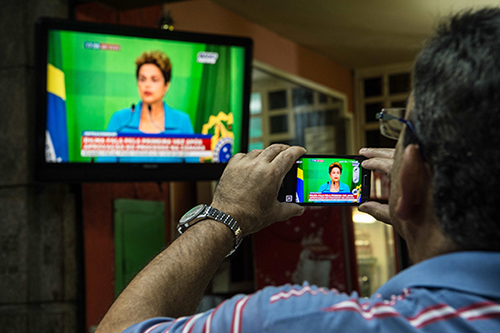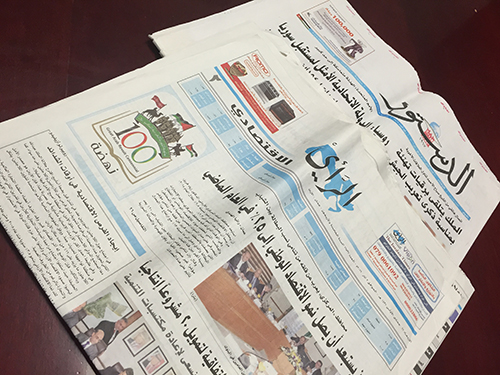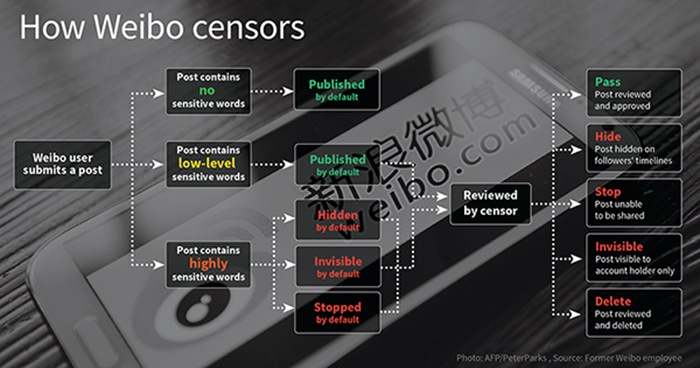Double Exposure
When it comes to abusive readers’ comments and tweets from Internet trolls, Katherine O’Donnell has heard it all. For years, O’Donnell, who is night editor of the Scottish edition of the U.K.’s The Times, has borne the brunt of personal attacks, including about her gender, from online trolls who take umbrage at articles in her…
Why a Troll Trolls
“Yeah… I went too far,” he said, which by most accounts would be an understatement. Among the Twitter comments this Internet troll posted to or about a female writer and activist were: “Rape her nice ass.” “I will find you.” “The police will do nothing.” The man, who agreed to be interviewed only under a…
My Islamic State Social Network
My first conversation with Islamic State was about my reporting. I had just shared an article I’d written about the terrorist group recruiting Western fighters on my Twitter when I saw that someone using the Twitter handle Abu Omar had also posted a link to the piece on his own account. His profile photo unabashedly…

Cybercrime proposals risk undermining Brazil’s progress in securing free and open Internet
Two years ago, Brazil passed Marco Civil da Internet, a landmark piece of Internet civil rights legislation that made the country an international reference in digital rights. But its legacy is under threat from a cybercrime proposal that could radically change key aspects of the framework and threaten free speech online.

Three simple steps to protect shared Twitter accounts from hackers
In my previous blog post I reviewed the results of a poll asking journalists if they used two-factor authentication to protect Twitter accounts from being hacked. But the importance of robust security isn’t limited to personal Twitter accounts.

Mission Journal: Rise in journalist arrests tarnishes Jordan’s image as reformist
The phone call came just as our conversation about the escalating crackdown on Jordanian media hit its stride. Lina Ejeilat, the co-founder of the news website 7iber (pronounced hebber), apologized and said she had to take the call. It was 7iber’s lawyer and it was important. For years the website had fought against a requirement…

China’s overseas critics under pressure from smear campaigns, cyber attacks
“I think my actions … have harmed the national interest. What I have done was very wrong. I seriously and earnestly accept to learn a lesson and plead guilty,” said Chinese journalist Gao Yu during a televised confession on the state-run channel CCTV in May 2014.

Read and delete: How Weibo’s censors tackle dissent and free speech
The Chinese microblogging site Weibo has a huge following, with around 100 million users posting every day. For those living in China, one of CPJ’s 10 most censored countries, the social network offers the chance to discuss and share news that is often blocked in mainstream outlets.

The business of censorship: Documents show how Weibo filters sensitive news in China
When journalists at the Guangdong-based Southern Weekly found that their 2013 new year editorial had been changed, without their knowledge, to exalt the virtues of the Communist Party, they took their outrage to the Chinese microblogging site Weibo.